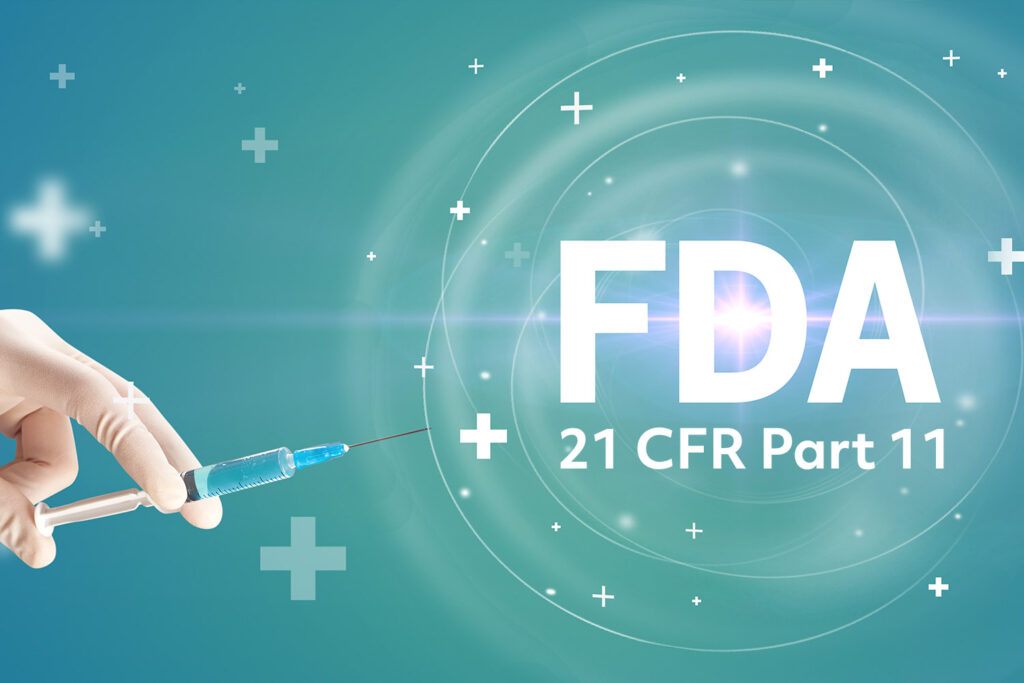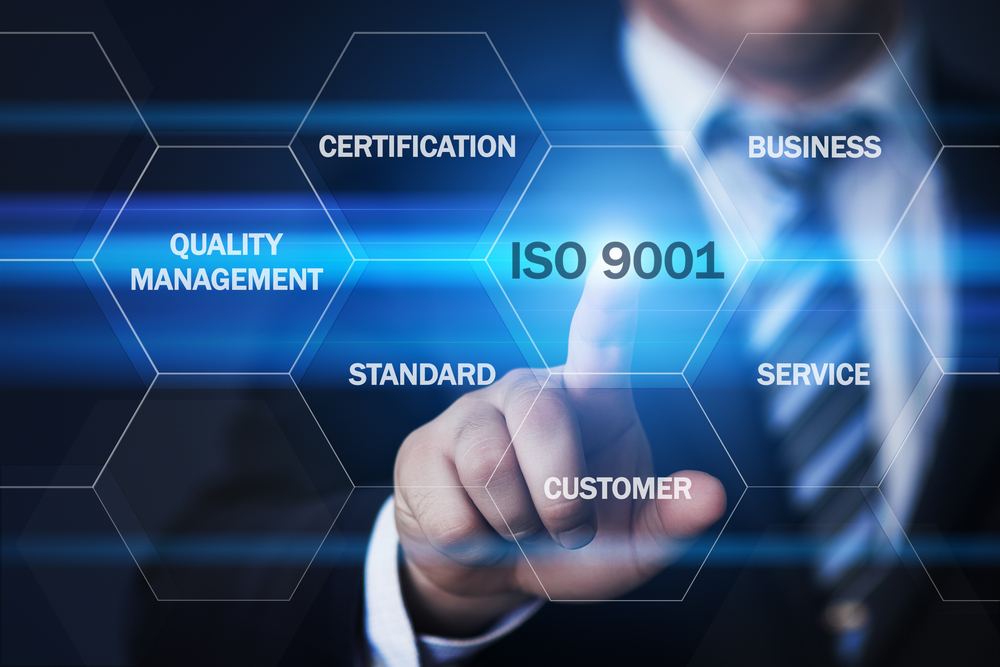
Key factors that drive a successful eQMS transition
Transitioning to an eQMS opens the door for greater visibility and control over quality enterprise-wide and the ability to digitize previously manual processes for greater efficiency and accuracy. So, what factors must you take into consideration when making the move?









